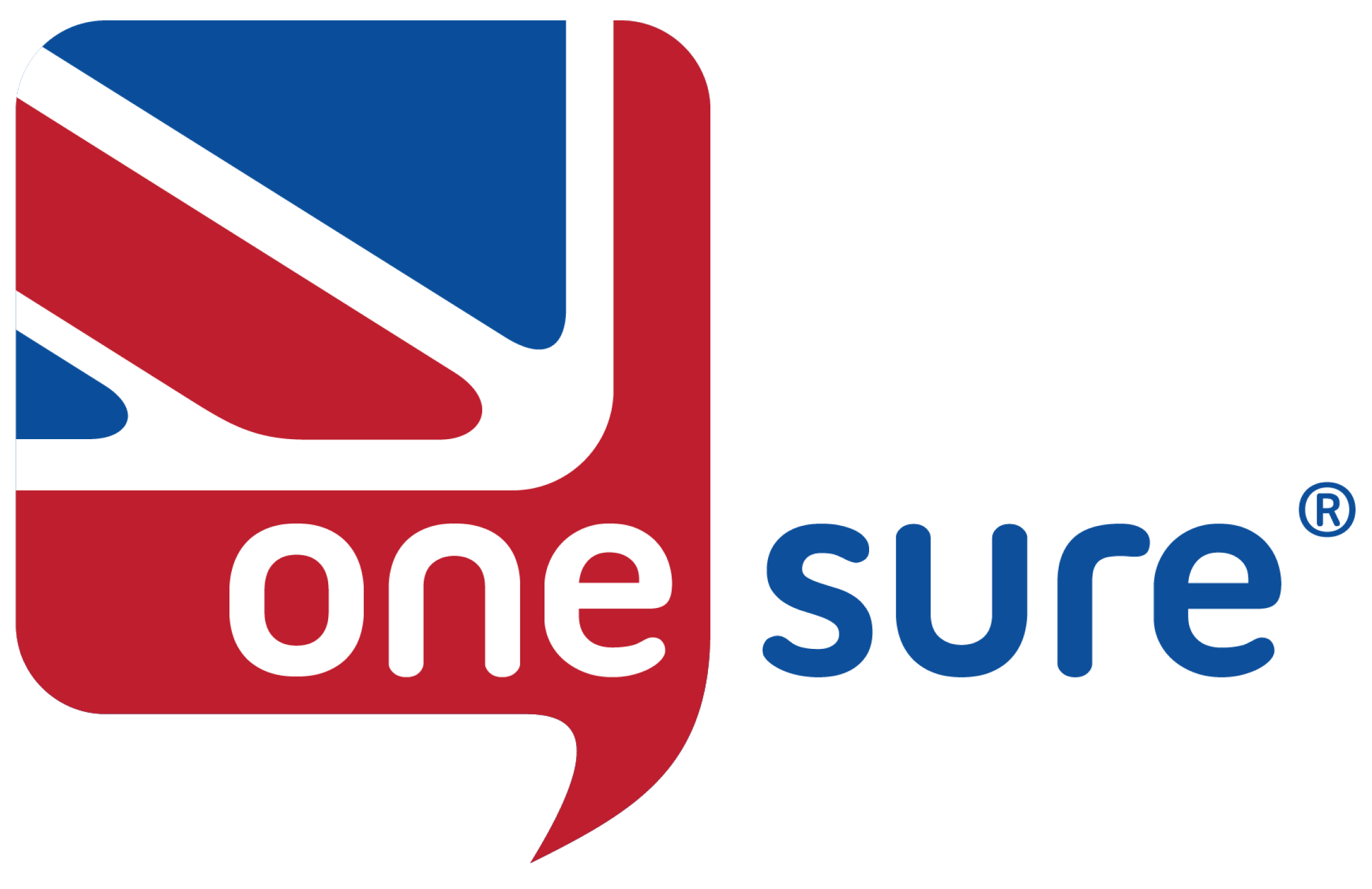This website uses cookies so that we can provide you with the best user experience possible. Cookie information is stored in your browser and performs functions such as recognising you when you return to our website and helping our team to understand which sections of the website you find most interesting and useful.
-
11, November 2023
-
Time to read: 7 mins
How To Make an Insurance Claim.

Discover more about insurance claims and what you need to do when making a claim in our handy guide.
Main points:
- An insurance claim should be made after loss, damage or an accident.
- Claiming on your insurance can prevent significant financial hits.
- Consider if it is worth claiming if the costs exceed your premium or excess.
- A fault claim happens when one or both parties are liable for an event.
- Even when no third party is involved with an event, it is still a fault claim.
- Policies have limits, exclusions, and conditions on your coverage.
- It’s always best to check your policy documents for exact financial cover.
How do I make a claim?
When an insured event occurs, you should immediately report it to us or your insurer as soon as possible.
Each claims department will have its own dedicated team and number, which can be selected online via our claims page.
You can find our claims page by hovering your mouse over the menu on the One Sure homepage.
After having clicked on ‘claims’, you will be taken to our claims page with a list of the appropriate insurance types.
Scroll to find your insurance type, then click on the ‘make a claim’ button to view the number you need to ring.
Here is an idea of how it should look with an example using HGV insurance. In the image below, we’ve scrolled to find our HGV insurance category:
Now, let’s click on the ‘make a claim’ button highlighted in red to show who we need to call:
What information do I need to make a claim on my insurance on the phone?
We understand that when it comes to making a claim, you will have been through an extremely stressful event. Our team will do everything we can to make sure the application process is as smooth as possible for you.
During the call, we’ll ask you for some key information relating to your claim. It’s really important that you provide us with the exact details at this stage of the claims application.
We always recommend having a copy of your policy with you on the call and reading it before to refresh your memory of what you can claim.
Here is a list of the essential information you should have on hand when making a claim:
- Your full name, address, and contact details, including a phone number and email address.
- The date, time, and location of the incident.
- Your policy number.
- A detailed description of the incident, including how it happened, where it occurred, and any other relevant information.
- If the incident involved a crime or accident, you may need to provide the incident or crime reference number and details of the police station involved.
- If there were any witnesses to the incident or a third-party involved, try to provide their names and contact information.
- Any photos, videos, or relevant documents related to the incident that you can provide the insurer with.
- Any estimates for repair or replacement costs from reliable sources, if available.
What happens after I’ve submitted a claim?
After receiving the claim, your insurer will assign a claims adjuster to investigate and assess the claim. The adjuster will determine whether the claim is covered by the policy and, if so, the extent of the coverage.
You might be asked for more documentation, such as photos, police reports, medical records, or repair estimates, depending on the type of claim.
Then, your insurer evaluates the provided information and assesses the claim’s validity and the amount to be paid out. They will also consider excesses, policy limits, and any applicable exclusions.
After careful consideration, your insurer will then approve or deny the claim. If the claim is approved, they will specify the amount to be paid out. In the instance that your claim is denied, you will receive the details about how this decision was made.
If you disagree with the insurer’s decision or the offered settlement amount, you might have the option to appeal. Once the claim is settled, the insurance company will close the case.
Do I have to claim on my insurance?
It’s recommended to make an insurance claim when you have experienced an insurable event, such as loss, damage or an accident.
Insurance itself can be a legal necessity in some cases, such as car insurance. However, taking out a policy is often financial protection in case solving or fixing an issue is extremely expensive.
For example, if the amount you need to spend to fix an insured item is relatively inexpensive or the cost of the claim doesn’t exceed your excess, then it makes sense to avoid making a claim.
Yet in cases such as a car accident or a compensation claim where you can accumulate costs of thousands, claiming on your car or liability insurance could save you from financial ruin.
You’re not obligated to make a claim. Sometimes, it’s not always necessary to do so. Making a claim will result in a higher premium and might even mean losing a no-claims discount, depending on the circumstances. Ultimately, the decision to make a claim on your insurance is down to you and your financial situation
However, you must notify your insurer if you are involved in a motor accident or an accident involving a third party. Even if you’re not looking to claim damages.
What are the different types of insurance claims?
The type of claim you make will depend on the events that have occurred and the type of insurance you have.
Types of insurance claims can include:
Third-party claims
A third-party claim by another person against you for damages, injuries, or losses that you have caused them. With this type of claim, your insurer must investigate the claim, assess liability, and, if deemed valid, provide compensation to the third party up to the policy’s coverage limits. These types of claims can have significant legal and financial implications for you as the actual policyholder.
A ‘fault’ claim
When an insurable event occurs, insurance companies investigate to determine who is at fault. This is generally assessed by insurers based on the circumstances of the accident and legislation if on the road.
To be at fault means you are liable for the damages and injuries suffered by the other parties involved, and your insurance may cover their losses, subject to the policy’s terms and limits.
Multiple circumstances would be classed as a ‘fault claim’, such as:
- Incidents where you, as the policyholder, are deemed to be at fault for causing.
- Insurable events for which both you and the third party are found to have joint responsibility.
- If your insured property or vehicle is damaged by fire or storm.
- If your vehicle is in a ‘hit and run’ and the third party cannot be traced.
As a result of a fault claim, your insurance premiums may increase.
A ‘non-fault’ claim
If the investigation finds that you are not primarily responsible for the accident, it is considered a “non-fault claim.”
In this case, your insurance company may pursue the at-fault party’s insurance for compensation on your behalf. Your own insurance policy may also cover your damages and injuries, depending on your policy and whether the at-fault party’s insurance is sufficient.
Even non-fault claims can lead to premium increases, as you are considered a higher risk for your insurer. However, your No Claims Discount won’t be affected, so this increase would not be as much as a driver or policyholder with a fault claim.
What can I claim for on insurance?
What you can claim for on insurance depends on the type of policy you have. Insurance policies can vary significantly between providers and types, covering a wide range of risks.
We recommend that you review your insurance policy documents to understand the specific coverage, limits, exclusions, and conditions relating to your coverage.
With that being said, here are some common types of insurance and what you can typically claim for under each:
Car Insurance
- Damage to your vehicle in a car accident.
- Stolen vehicles or damage due to theft or vandalism.
- Damage to your car caused by fire, floods, storms, or other natural disasters.
- Costs associated with third-party property damage or injuries if you are at fault in an accident.
Home Insurance
- Damage to the physical structure of your home, including walls, roof, and fixtures.
- Loss or damage to personal belongings inside your home if you have contents covered.
- Damage caused by theft or an attempted theft.
- Unintentional damage to your property or belongings.
Travel Insurance
- Reimbursement for cancelled or interrupted trips due to unforeseen events.
- Coverage for medical treatment abroad within the policy limit.
- Reimbursement for lost, stolen, or damaged luggage.
- Compensation for delayed flights or travel inconveniences.
Commercial Buildings Insurance
- Coverage for damage to your property.
- Liability insurance against legal claims from third parties.
- Business Interruption coverage for lost income due to covered events.
How long do insurance claims take?
The duration of an insurance claim can vary. It depends on several factors, including the complexity of the claim, the type of insurance, and the cooperation of other involved parties.
Additionally, if you or the other party experience delays in providing information to support the claim, it can also extend the claim processing time.
Straightforward claims with minimal complications, such as small car accident repairs or minor property damage, can often be processed relatively quickly. These claims may be resolved within a few weeks.
Claims involving significant damage, injuries, or multiple parties can be more complex to investigate and settle. These claims may take several months to resolve, especially if disputes arise or further investigation is necessary.
However, claims where fault is disputed may take longer to resolve. Negotiations between insurance companies and legal processes can prolong the timeline. In cases where disputes cannot be resolved through negotiations, legal action may be necessary. This could take years.
Insurance claims and support at One Sure
If you need more guidance and support regarding your insurance claim, don’t worry. We’re always happy to advise you every step of the way, from your policy start date and beyond. For support, contact our friendly customer service team on 01782880140.

